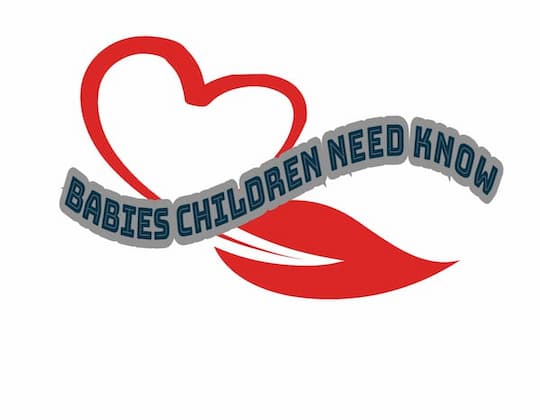Suffering From Indigestion
Indigestion, or dyspepsia, can be defined as any discomfort, upset stomach, or pain due to the process of digestion.
The symptoms include pain in the upper abdomen, nausea, bloating, belching, and heartburn. Indigestion can be acute (sudden onset) or chronic (ongoing).
The two most common causes of indigestion are overuse of antacids and delayed stomach emptying that leads to gastroesophageal reflux disease (GERD). Both of these conditions can occur in babies or infants as well as adults.
Indigestion Symptoms
Is your child having trouble eating because they can’t swallow their food?
Does your child refuse to eat because of a burning sensation in their stomach?
Children usually do not show signs of indigestion until after one year old.
It is common for toddlers with acid reflux or GERD (gastroesophageal reflux disease) to experience some symptoms before developing full-blown acid reflux; however, these symptoms typically ease once breastfeeding is replaced with formula feeding.
Causes of Chronic Indigestion in Babies
Babies have tiny stomachs, so it’s not uncommon for them to experience indigestion from time to time.
But there are also more serious causes of chronic indigestion in babies than just overeating or sensitive tummies.
Before you seek medical attention, learn about some of these conditions that could be contributing to your baby’s discomfort.
Preventing and Treating Baby’s Acid Reflux
The most important step to preventing acid reflux in babies is to avoid introducing solid foods until they are 6 months old.
Before that, avoid spicy or acidic foods such as citrus fruits and juices, tomato sauce, and vegetables such as broccoli, brussels sprouts, cauliflower, and cabbage.
There’s no need to change your baby’s formula if he doesn’t have any digestive issues with it; instead, use a pre-digested formula for colicky babies available at pharmacies.
If your baby suffers from severe bouts of indigestion, you may want to consult a doctor about switching formulas or giving him over-the-counter medications such as Mylanta gas drops or Tums chewable.
Food You Should Give to Babies
Eating a healthy diet is as important for infants and toddlers as it is for adults. If your baby has been diagnosed with indigestion, try including these five foods in his or her diet to see if they have any positive effects on digestion:
Let’s take a look at each one of them.
Keep in mind that these foods can help with indigestion only if they are allowed as part of your child’s daily diet and if they don’t cause any allergic reactions to him or her.
If your baby has some health issues, such as indigestion, then it is always best to talk to your pediatrician before making any changes to his or her diet or introducing new foods into their everyday meals.
Another thing you should know about your little one’s digestive system: Although babies eat three or four times per day, many times during those feedings he or they will actually go longer without digesting food from their last meal than older people.
This is because babies have smaller stomachs, so even though they might be eating several times per day it doesn’t mean that their body absorbs all of what they eat at once.
They also have less capacity for holding onto large amounts of undigested food. For example, think about how many hours a typical two-year-old can sit still after eating versus how long an adult would be able to do so—it's not too far off from how much time passes between when babies digest different meals.


Comments
Post a Comment